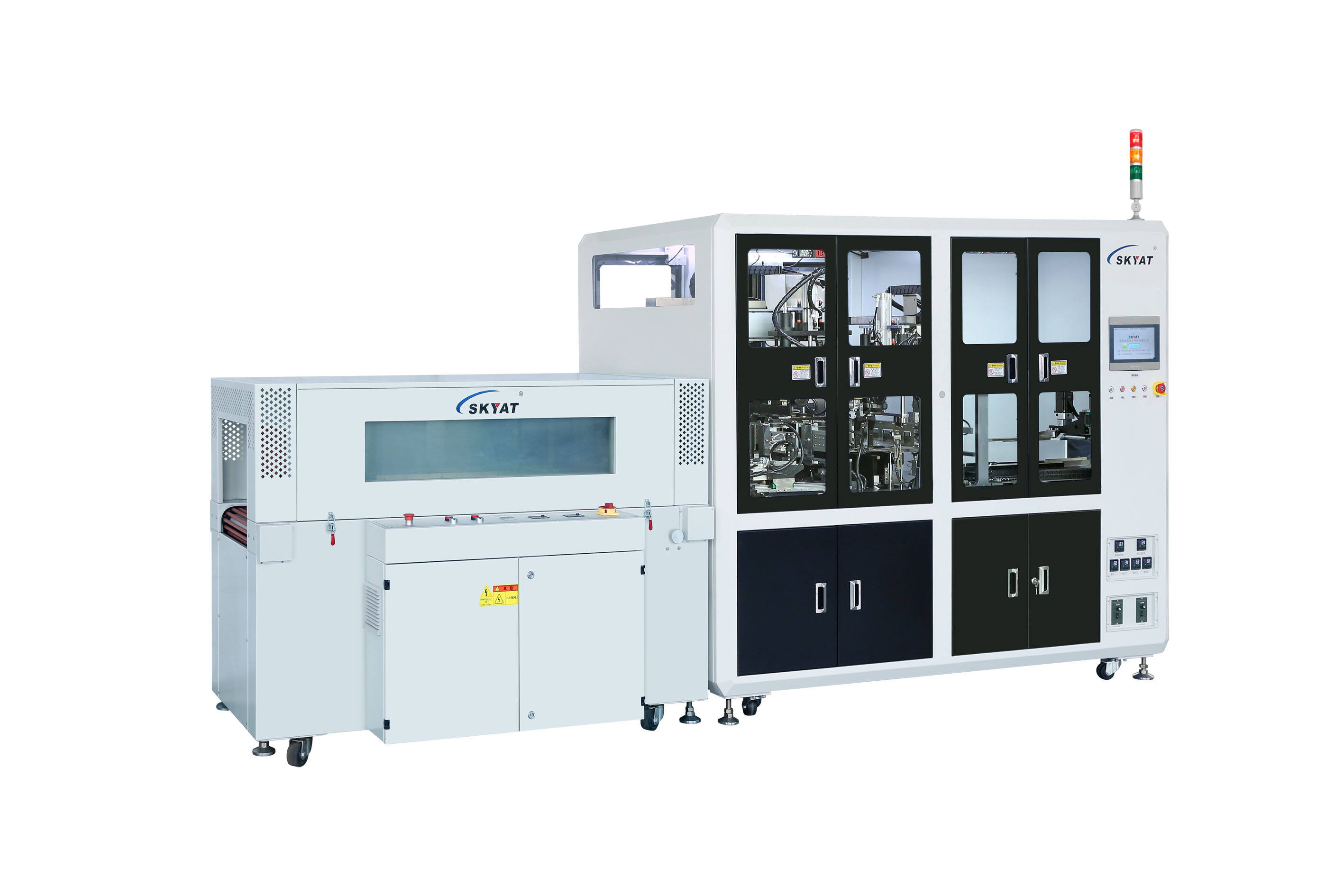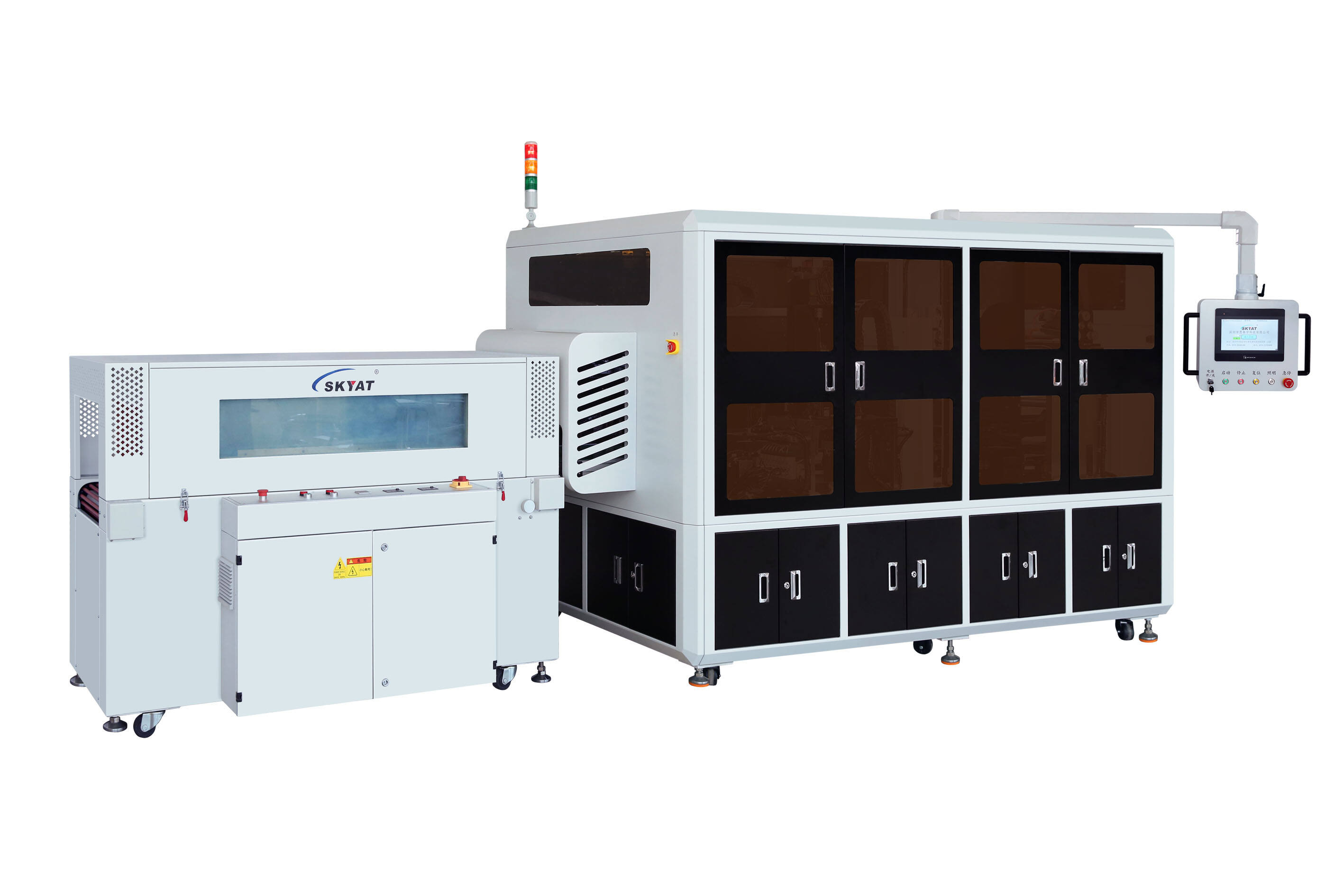Shrink wrapping machine automation is revolutionizing packaging processes across industries, from high-volume automotive manufacturing to precision-focused electronic production, by minimizing human intervention and maximizing efficiency. Automated systems range from semi-automatic setups that handle film sealing and shrinking to fully robotic lines that integrate seamlessly with assembly workflows, ensuring consistent, high-speed packaging for products like smart electronics, drone components, and new energy parts. At the core of automation is the ability to handle repetitive tasks with precision. Semi-automatic machines automate critical steps such as film feeding, cutting, and heat application, while operators focus on loading products—ideal for medium-volume operations like healthcare products manufacturing or tea box packaging. These systems reduce labor costs by 30-50% compared to manual wrapping, as one operator can manage multiple machines, and they ensure uniform tension and sealing, reducing film waste by up to 20%. For example, a cosmetic brand using a semi-automatic machine can wrap 50-100 lipstick cases per minute with consistent tightness, avoiding the uneven results common with manual methods. Fully automatic systems take automation further, using conveyors, sensors, and robotic arms to handle the entire process—from product loading to final inspection. These lines process 100-300+ items per minute, making them indispensable for large-scale industries such as steel part production, game console assembly, and pharmaceutical bulk packaging. Advanced features like 3D vision systems scan products in real time, adjusting film placement and heat levels to accommodate irregular shapes, such as curved automotive components or ceramic art pieces. This adaptability ensures every item, regardless of size or form, receives a secure, wrinkle-free wrap. Automation also enhances traceability and compliance, critical for regulated sectors. Fully automatic machines can integrate with barcode scanners and batch-tracking software, logging every package’s details for audit trails—essential for pharmaceuticals and healthcare products needing FDA or EU compliance. Sensors monitor film quality and seal integrity, rejecting defective packages to maintain standards, which is vital for electronics where a loose wrap could damage sensitive circuits. The benefits extend beyond speed and consistency. Automated systems reduce workplace injuries by handling heavy lifting—such as wrapping steel beams or large new energy batteries—while energy-efficient designs lower utility costs. They also support sustainability goals by optimizing film usage and compatibility with eco-friendly materials, aligning with the values of green brands. For growing businesses, modular automation allows scaling—starting with semi-automatic machines and adding robotic loading or extended conveyors as production demands increase. Whether through semi-automatic efficiency or fully robotic precision, shrink wrapping machine automation delivers reliability, cost savings, and scalability, making it a cornerstone of modern packaging for industries aiming to stay competitive in fast-paced markets.




Copyright © 2025 By Skyat Limited. - Privacy policy